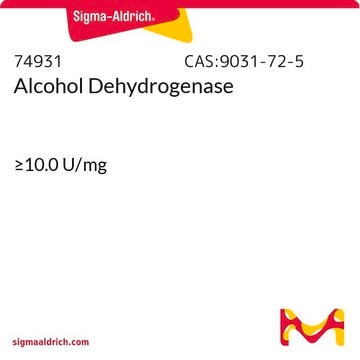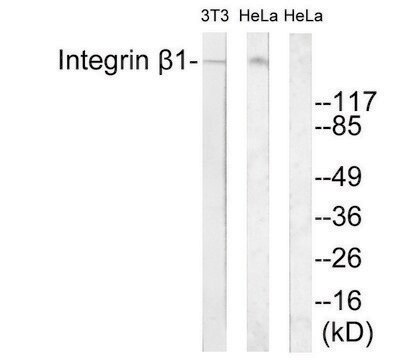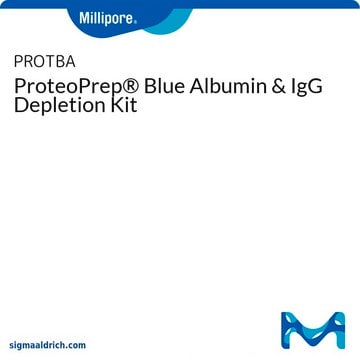MAB1978
Anti-Integrin αV Antibody, clone LM142
ascites fluid, clone LM142, Chemicon®
Synonym(s):
CD51
About This Item
Recommended Products
biological source
mouse
Quality Level
antibody form
ascites fluid
antibody product type
primary antibodies
clone
LM142, monoclonal
species reactivity
human
manufacturer/tradename
Chemicon®
technique(s)
immunohistochemistry: suitable
immunoprecipitation (IP): suitable
isotype
IgG1
suitability
not suitable for activity/function inhibition
NCBI accession no.
UniProt accession no.
shipped in
dry ice
target post-translational modification
unmodified
Gene Information
human ... ITGAV(3685)
Specificity
Application
Immunofluorescence and immunoprecipitation.
MAB1978 is non-blocking.
Final working dilutions must be determined by end user.
Cell Structure
Integrins
Storage and Stability
Legal Information
Disclaimer
Not finding the right product?
Try our Product Selector Tool.
recommended
Storage Class Code
12 - Non Combustible Liquids
WGK
nwg
Flash Point(F)
Not applicable
Flash Point(C)
Not applicable
Certificates of Analysis (COA)
Search for Certificates of Analysis (COA) by entering the products Lot/Batch Number. Lot and Batch Numbers can be found on a product’s label following the words ‘Lot’ or ‘Batch’.
Already Own This Product?
Find documentation for the products that you have recently purchased in the Document Library.
Our team of scientists has experience in all areas of research including Life Science, Material Science, Chemical Synthesis, Chromatography, Analytical and many others.
Contact Technical Service








